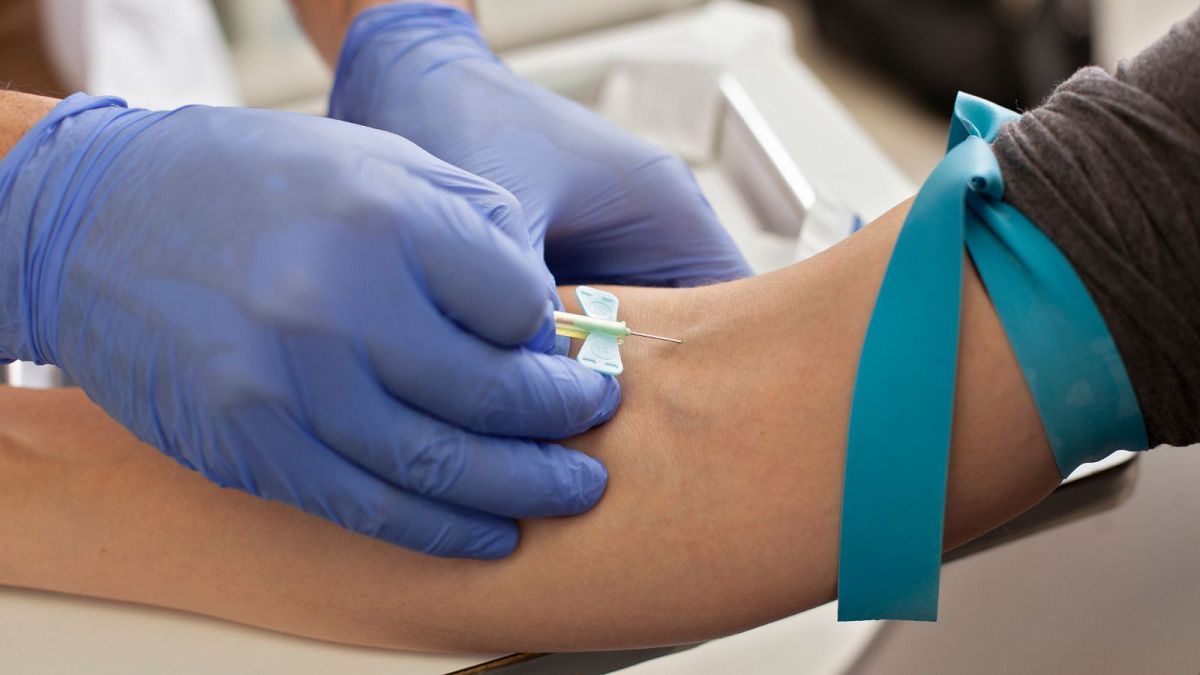A new study by a group of researchers at the University of Gothenburg found that blood tests are just as good as more expensive and painful methods of detecting signs of Alzheimer’s.
Alzheimer’s disease can be diagnosed by a simple blood test just as accurately as it can be done through painful lumbar punctures or expensive brain scans, according to scientists.
A new study by a group of researchers at the University of Gothenburg published in the journal Jama Neurology found that a commercial blood test already on the market, called ALZpath, can detect signs of Alzheimer’s in the brain as reliably as the other methods currently used, if not better.
Researchers analysed data from different trials in the US, Canada and Spain involving 786 people, including patients with cognitive impairment and some without.
In the trials, patients underwent either a lumbar puncture or a brain scan to diagnose whether they had Alzheimer’s, which is usually identified by the amyloid and tau protein.
The protein p-tau217, which can be detected in blood samples by tests like ALZpath, is a marker of changes in the brain caused by Alzheimer’s, even when the cognitive impairment caused by the disease is mild.
The team of researchers then compared the results of these trials with the blood tests made on the same patients, finding that 80 per cent of individuals could be diagnosed using the blood test without needing further investigation.
This quick and inexpensive way of detecting the disease, the most common form of dementia, could help patients to receive treatment which has proven to be effective in slowing cognitive decline. It could also help determine whether patients suffer from Alzheimer’s or another type of dementia, potentially helping millions of people who cannot easily get a brain scan or a spinal tap.
Blood tests like ALZpath are only available for research and clinical use.
The makers of ALZpath are now discussing with labs in the UK ways to launch their test for clinical use this year and the researchers behind the study published in Jama Neurology have made their findings available for research use at UCL.
More than 55 million people are currently living with dementia around the world, over 60 per cent of whom live in low- and middle-income countries, according to data from the World Health Organization (WHO).
The number of those affected by dementia is expected to grow in the future, with Alzheimer’s Disease International, the worldwide federation of Alzheimer's associations, estimating that patients will almost double every 20 years, reaching 78 million in 2030 and 139 million in 2050.



